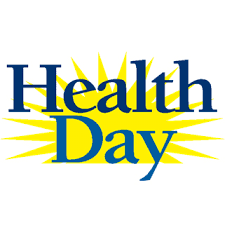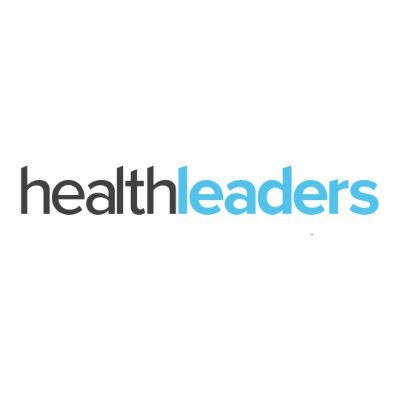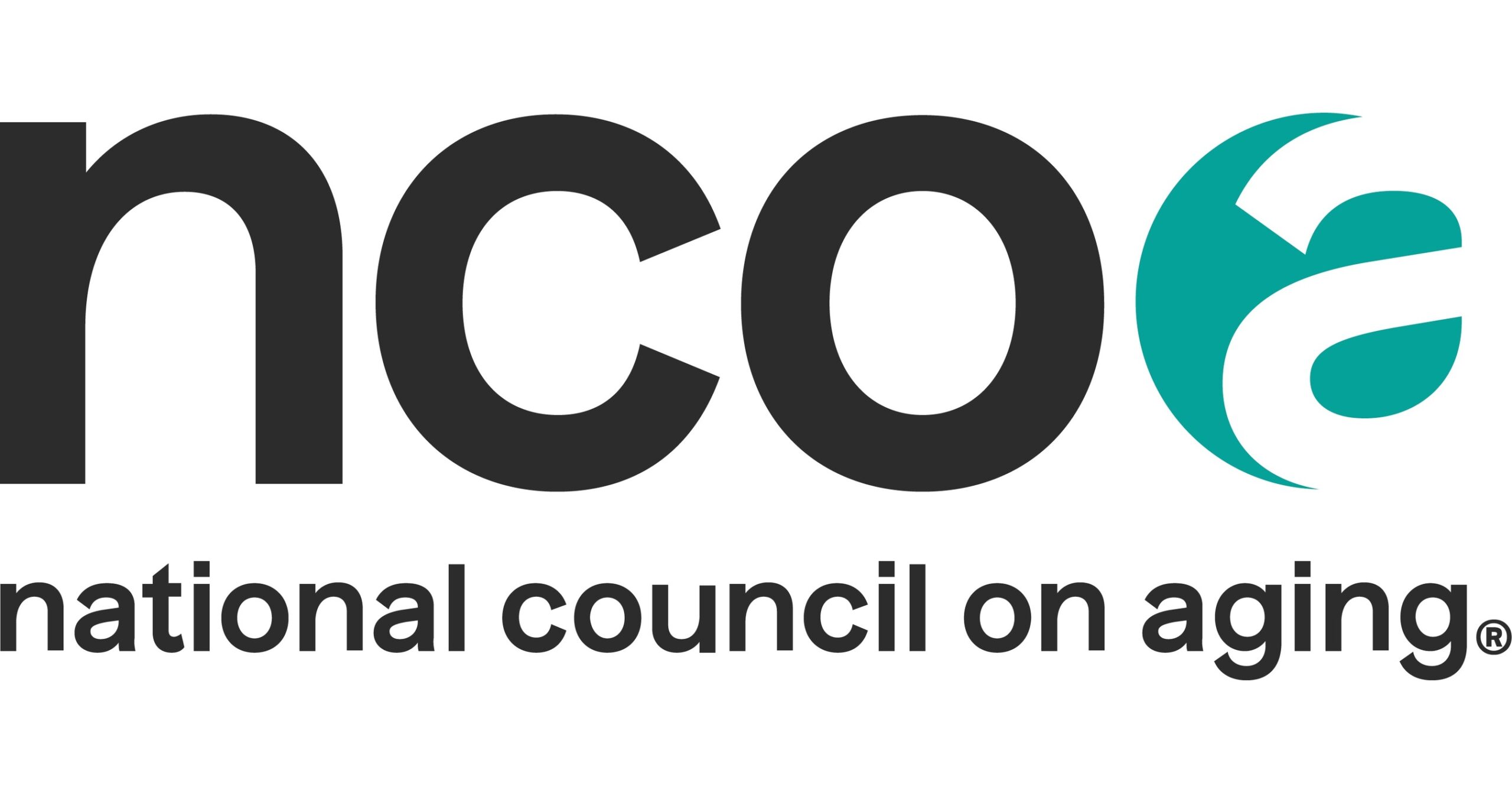Study: Daytime meals protect heart health in night shift workers

Editor's Note Eating during the day instead of at night may protect shift workers from harmful cardiovascular effects, according to an April 17 report in Medscape on new research from Mass General Brigham. Researchers found that the timing of meals—not just their content—directly influences cardiac and clotting function in adults…
Study: Cannabis use complicates sedation, cancer care

Editor's Note Cannabis users may require higher doses of anesthetics during sedation and experience worse physical and psychological symptoms during cancer treatment, according to an April 7 announcement from the University of Oklahoma (OU). Publishing in the journal Gastrointestinal Endoscopy, a multidisciplinary team of university researchers found that cannabis users…
Study: Sleep-deprived nurses face higher infection risk

Editor's Note Nurses who don’t get enough sleep face a significantly higher risk of common infections, including colds, pneumonia, and bronchitis, according to a March 10 report from HealthDay. The article focuses on a study published in Chronobiology International finding that sleep debt—particularly among night shift nurses—weakens immune defenses, potentially…
Study: Sleep surgery reduces motor vehicle accident risk in OSA patients

Editor's Note Sleep surgery outperforms continuous positive airway pressure (CPAP) therapy in reducing of motor vehicle accidents (MVA) risk among patients with obstructive sleep apnea (OSA), particularly those with poor CPAP adherence or severe disease, according to research published January 21 by the American Academy of Otolaryngology-Head and Neck Surgery.…
Hospital addresses barriers to patient rest, recovery

Editor's Note Implementing targeted interventions in hospitals can address common disruptions in the inpatient setting and significantly improve patient restfulness, according to a December 12 article in HealthLeaders Media. The article focuses on a study of nearly 700 patients conducted at Barnes-Jewish Hospital in St. Louis, Missouri, and published in…
Study: Poor sleep before surgery boosts risk of postoperative delirium

Editor's Note Poor sleep quality in the month leading up to surgery could increase the risk of postoperative delirium, according to research presented at the Anesthesiology 2024 annual meeting, hosted by the American Society of Anesthesiologists (ASA). An October 15 report in NewsWise has the details. According to the article,…
Data resource details causes, health implications of sleep deprivation

Editor's Note An advisory published March 7 by The National Council on Aging (NCOA) offers newly updated information details the impact of sleep deprivation on health as well as the causes and warning signs of the most common sleep disorders. According to the publication, 35.5% of American adults reported sleeping…
Virtual-reality brain measurements illuminate real-world health conditions

Editor's Note Two researchers from South China University of Technology have developed an affordable electroencephalogram (EEG) measurement system that can be incorporated into virtual reality (VR) headsets. In the future, the researchers hope to use the device to explore people's brain activity while navigating specific virtual environments and to study…
Mood changes, sleep quality improve after primary hyperparathyroidism surgery

Editor's Note Benefits to mood and sleep should be considered in preoperative consultations with patients with primary hyperparathyroidism, according to a study published February 12 in the journal Surgery. The researchers’ recommendation reportedly departs from the latest recommendations published according to the primary hyperparathyroidism surgical consensus, which exclude these neuropsychological…
Effect of healthy sleep on risk of long COVID
Editor's Note This study by Harvard School of Public Health and Harvard Medical School, Boston, finds that healthy sleep before and during the COVID-19 pandemic was linked to a substantially decreased risk of long COVID. A total of 1,979 women from the Nurses’ Health Study II were included in the…

 Free Daily News
Free Daily News